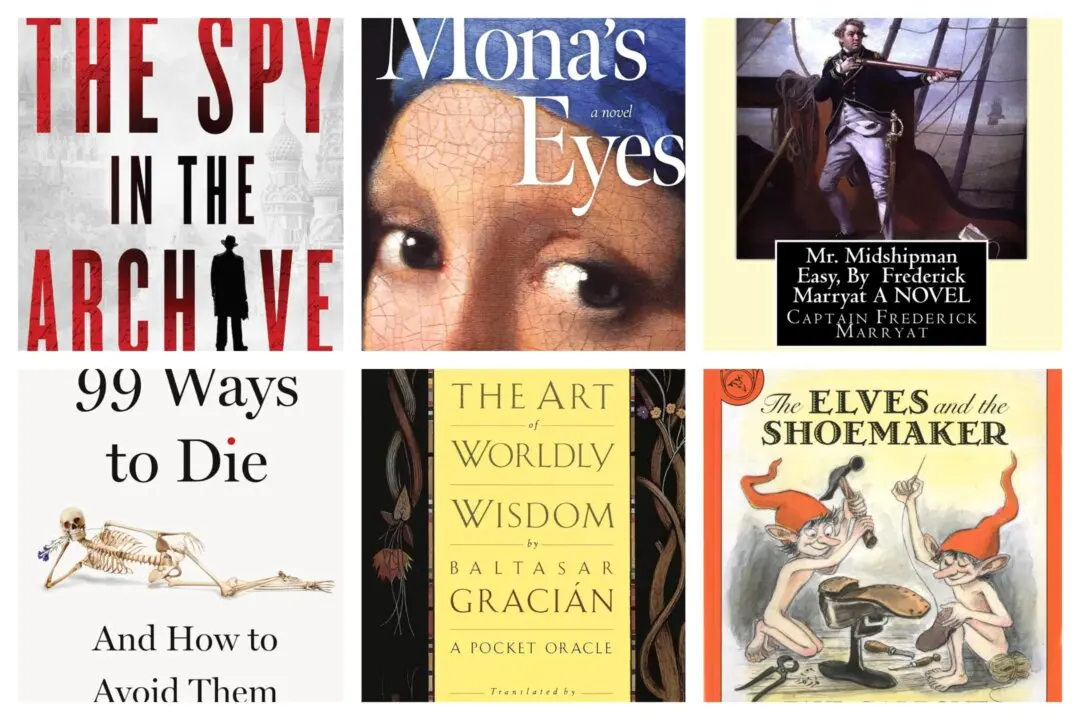If you’ve ever taken a look at the typical course of study today’s school students are required to complete, you might assume that the collection of subjects, the order in which they’re taught, and the resources used to teach them are the result of great study and research by the best educational experts in the land. You might also presume the goal of the current educational strategy is to provide students with the tools, skills, and knowledge necessary to reach their greatest potential.
Is that the case, though?






